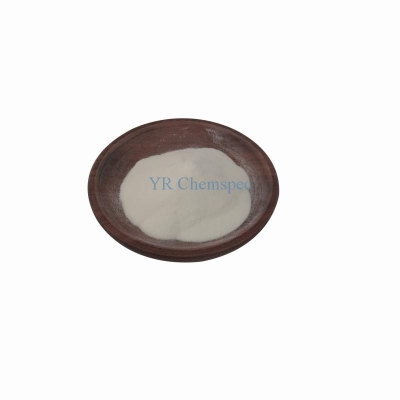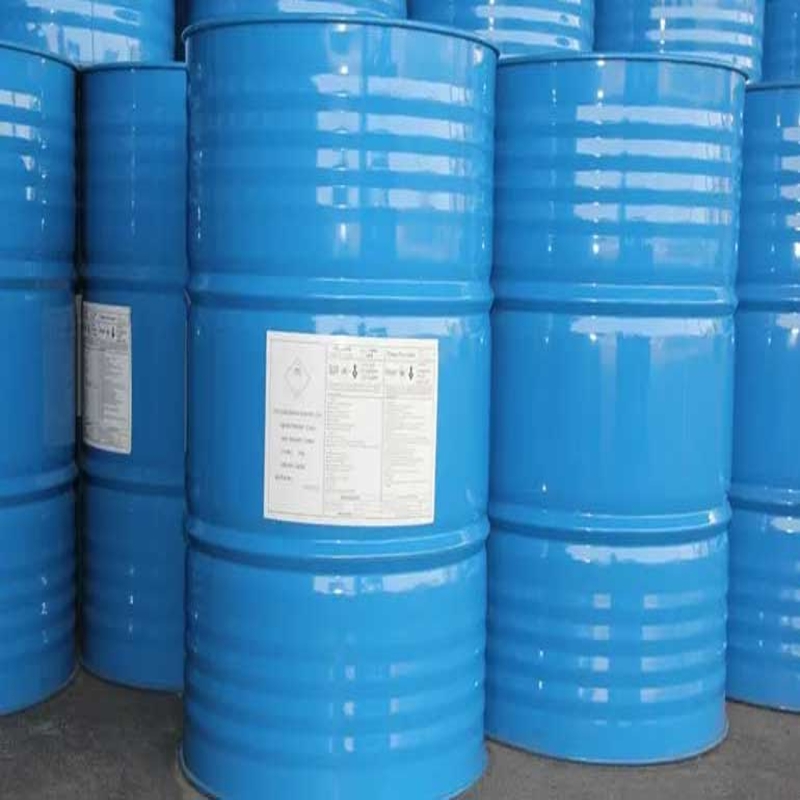-
Categories
-
Pharmaceutical Intermediates
-
Active Pharmaceutical Ingredients
-
Food Additives
- Industrial Coatings
- Agrochemicals
- Dyes and Pigments
- Surfactant
- Flavors and Fragrances
- Chemical Reagents
- Catalyst and Auxiliary
- Natural Products
- Inorganic Chemistry
-
Organic Chemistry
-
Biochemical Engineering
- Analytical Chemistry
-
Cosmetic Ingredient
- Water Treatment Chemical
-
Pharmaceutical Intermediates
Promotion
ECHEMI Mall
Wholesale
Weekly Price
Exhibition
News
-
Trade Service
Lead storage batteries are widely used in various fields
because of their low cost and recyclability.
With the continuous expansion of market demand, China has become the world's largest lead battery market, and the number of waste lead batteries produced every year is more than 3 million tons
.
With a large number and growing state, the market potential of waste lead-acid battery recycling cannot be
underestimated.
The state has long included waste lead-acid batteries in the "National Hazardous Waste List", and issued the "Lead-acid Battery Industry Access Conditions" in 2012, which stipulates that battery enterprises that use backward processes and contain more than 0.
002% cadmium should be eliminated
at the end of 2013.
But under the temptation of high profits, there are always small workshop enterprises that take risks
.
Waste lead batteries have a high recycling value
.
In general, waste lead batteries contain 74% lead plates, 20% sulfuric acid and 6% plastic
.
As far as China's current process is concerned, the reuse rate of a group of lead batteries can reach 80%, and some enterprises with more advanced equipment can even reach 98%.
However, because China's waste lead batteries have not yet established a perfect recycling system, most of the waste lead batteries eventually flow into illegal small workshops for simple disassembly
.
Why are there not as many formal waste lead battery disposal enterprises as informal traders? The first is that the relevant laws are not perfect
.
Although the recycling of used waste lead batteries has been carried out for many years, there is still a legal lag.
The state should formulate more detailed and strict laws to regulate the waste lead battery recycling industry, and increase tax support and financial subsidies
for formal enterprises.
At the same time, supervision should be strengthened so that the law can be effectively implemented; The second is the purchase price
.
Illegal enterprises have basically no cost due to the simple process, while formal enterprises due to equipment, technology and other inputs, the cost is much higher than that of illegal enterprises, the purchase price can not be the same as illegal enterprises, many recyclers or citizens sell waste batteries to illegal enterprises
because of price factors.
Waste lead battery recycling is a big cake, how to get a piece of the pie, in addition to identifying the timing, grasping the market dynamics, paying attention to national policies, making the right decision is also crucial
.
Lead storage batteries are widely used in various fields
because of their low cost and recyclability.
With the continuous expansion of market demand, China has become the world's largest lead battery market, and the number of waste lead batteries produced every year is more than 3 million tons
.
With a large number and growing state, the market potential of waste lead-acid battery recycling cannot be
underestimated.
The state has long included waste lead-acid batteries in the "National Hazardous Waste List", and issued the "Lead-acid Battery Industry Access Conditions" in 2012, which stipulates that battery enterprises that use backward processes and contain more than 0.
002% cadmium should be eliminated
at the end of 2013.
But under the temptation of high profits, there are always small workshop enterprises that take risks
.
Waste lead batteries have a high recycling value
.
In general, waste lead batteries contain 74% lead plates, 20% sulfuric acid and 6% plastic
.
As far as China's current process is concerned, the reuse rate of a group of lead batteries can reach 80%, and some enterprises with more advanced equipment can even reach 98%.
However, because China's waste lead batteries have not yet established a perfect recycling system, most of the waste lead batteries eventually flow into illegal small workshops for simple disassembly
.
Why are there not as many formal waste lead battery disposal enterprises as informal traders? The first is that the relevant laws are not perfect
.
Although the recycling of used waste lead batteries has been carried out for many years, there is still a legal lag.
The state should formulate more detailed and strict laws to regulate the waste lead battery recycling industry, and increase tax support and financial subsidies
for formal enterprises.
At the same time, supervision should be strengthened so that the law can be effectively implemented; The second is the purchase price
.
Illegal enterprises have basically no cost due to the simple process, while formal enterprises due to equipment, technology and other inputs, the cost is much higher than that of illegal enterprises, the purchase price can not be the same as illegal enterprises, many recyclers or citizens sell waste batteries to illegal enterprises
because of price factors.
Waste lead battery recycling is a big cake, how to get a piece of the pie, in addition to identifying the timing, grasping the market dynamics, paying attention to national policies, making the right decision is also crucial
.







